The legendary beginnings of Cardhu Distillery
let’s begin
Cardhu, meaning black rock in Gaelic, began life as a humble single still on Cardow farm on Mannoch Hill in the whisky region of Speyside.
It was founded by husband and wife team John and Helen Cumming all the way back in 1811.
This was more than a decade before Whisky licensing was introduced, but of course, as with all good things, the excise man had been imposing his taxes on distillation for many years up to this point.
John was an avid farmer and while he spent his days tilling the land, Helen spent hers distilling some very fine scotch.
She was renowned not only for her ability to create great single malt, but also for having a knack at hiding her stills.
Excise officers were prone to the odd house call now and again in their desperate search for stills to fine, tax or shut down.
Whisky was a booming trade at this time and the tax man would do all he could to uncover illicit stills. But the smart distiller would go to great lengths to protect his property and some even hid their stills under hills.
Helen was a very bright woman and considerate too. Should she spy the excise officers on their appraise she would be quick to hoist a red flag or hang her washing out as a warning to her neighbours.
Local messenger boys known as prochahs would then run and spread the warning around the district, saving a lot of stills from either tax or being shut down.
Helen was somewhat of a local hero and at times even went as far as to invite the excise men in and give them a bed for the night. This was of course all while running illicit stills under their nose. It’s undeniable that the woman had nerve!
She was an aspiring woman and would often take bladders of whisky hidden under her skirt into he town of Elgin, some 20 miles away, to sell.
The quality of Cardhu malt was so good that she did not have to rest on the prefix Glenlivet, this was a common practice by distillers of the day, who though the association with the Glenlivet distillery would give their whisky a good name.
But Helen was proud of the malt she made and relied only on the good name of Cardhu.
When licensing was introduced in 1824 John made the distillery legal and production continued smoothly.
After his death at the age of 72 in 1846 their son Lewis took over management of the farm.
Helen took on less of a role in the making of whisky but still remained a huge influence on Cardhu until her own death in 1874 at the grand old age of 97.
In her 97 years of life she not only created some incredible whisky but also managed to raise 8 children and 56 grand children.
The distillery was later sold by Lewis’s wife in 1893 to John Walker and sons. Today it is still going strong and is currently owned by Diageo.



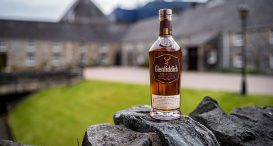
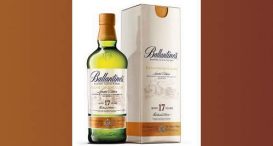
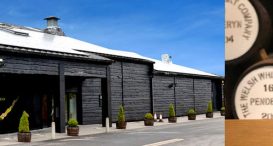
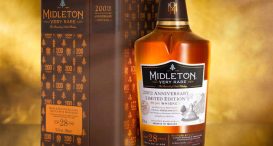


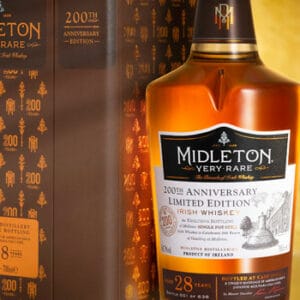

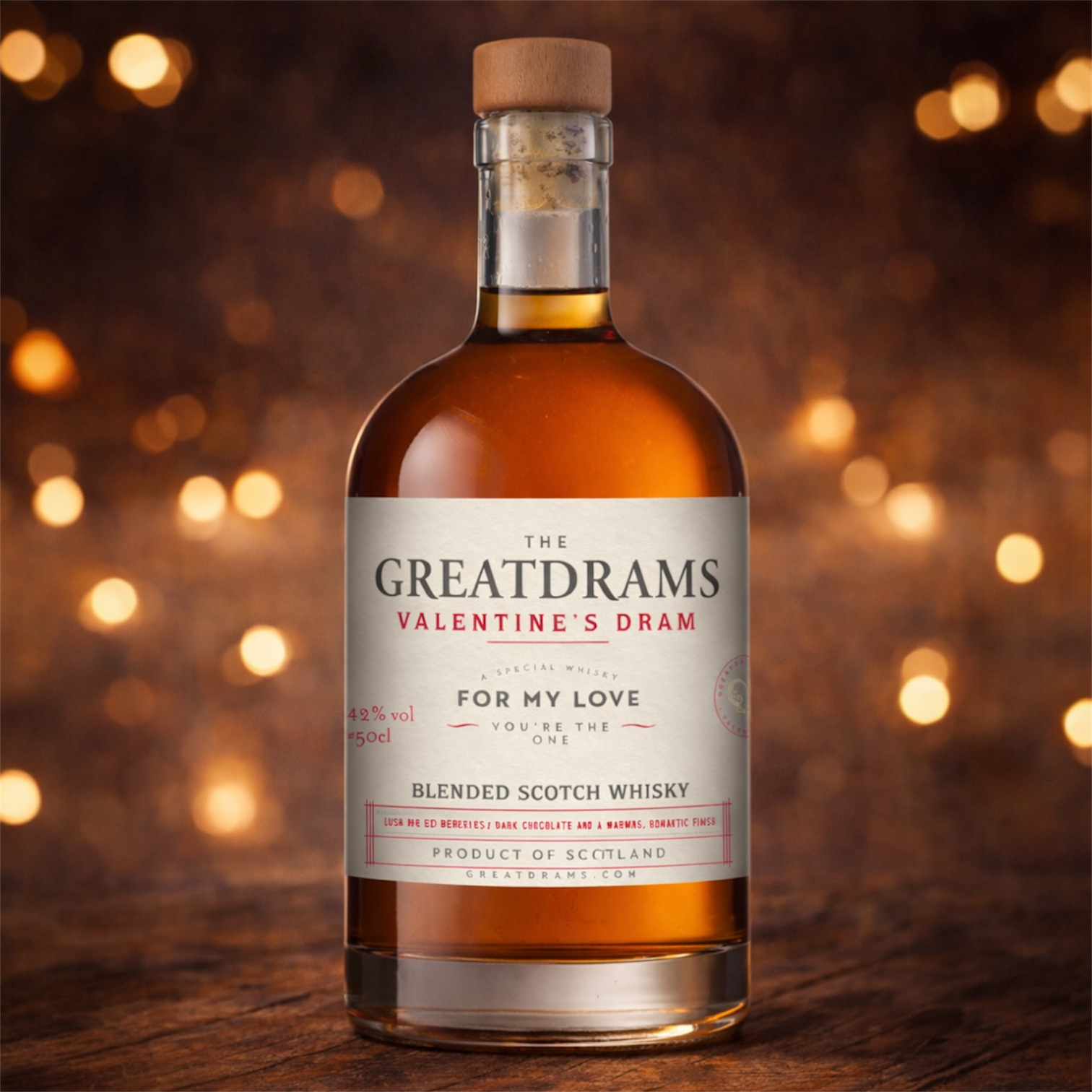

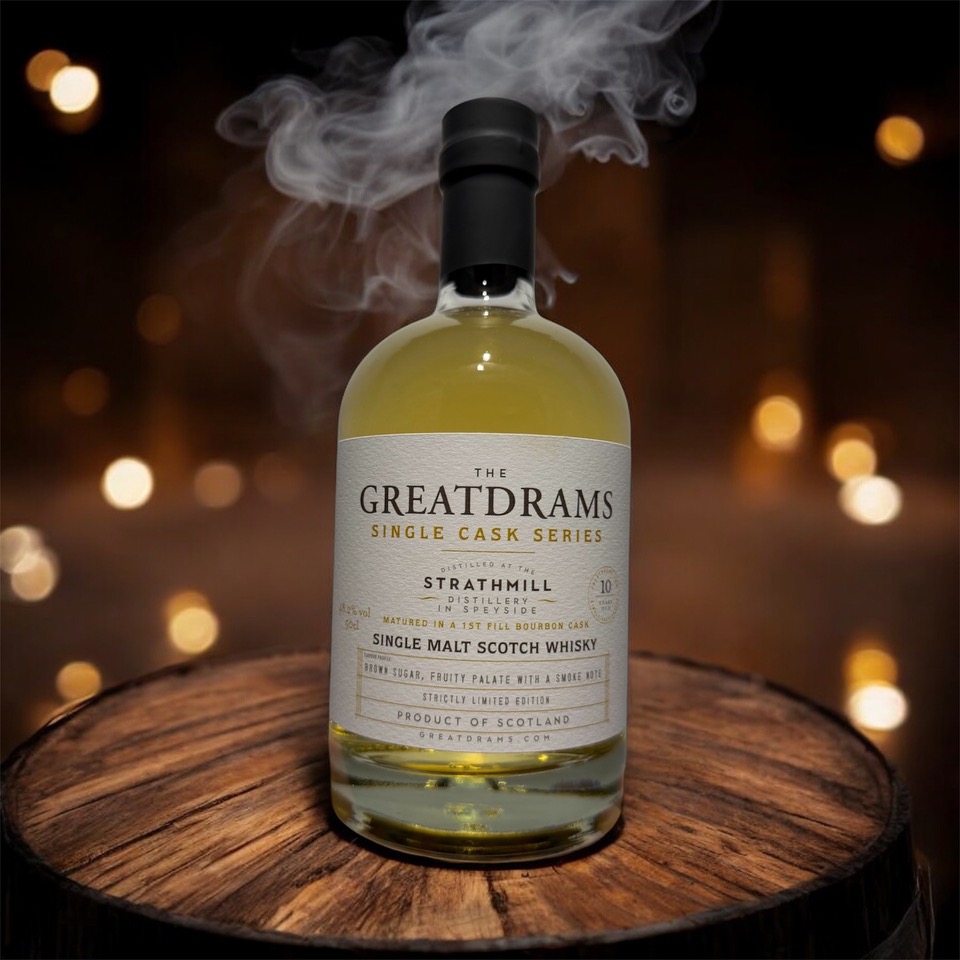

5 thoughts on “The legendary beginnings of Cardhu Distillery”